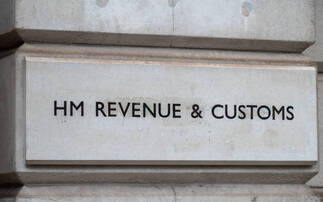The Financial Services Authority (FSA) "should and could" have intervened in the Royal Bank of Scotland's (RBS's) ill-fated acquisition of ABN Amro, a damning report by the Treasury Committee concludes.
It said the UK needs a regulator "with the self-confidence to intervene" in similar cases in the future, "even if it might cause some destabilisation in the short-term".
The report - published today - identifies issues arising from the FSA's own report into the failure of RBS that it said may merit further legislative or regulatory change.
It added it was a matter of "considerable surprise" to the Committee that nobody had been held meaningfully accountable for the failure of RBS.
RBS was bailed out by the Treasury in 2007 as the credit crunch took hold and the bank began to struggle with the costs associated with its acquisition of ABN Amro.
The Treasury Committee said the regulator should have done more to scrutinise the deal.
It said it would be prudent for the government to include an explicit requirement for the Prudential Regulation Authority - one of the FSA's replacement organisations - to approve major bank acquisitions and mergers in legislation.
The Committee also criticised the FSA's own investigation into the crisis.
Its report states: "In December 2010, the FSA initially felt that a 298-word statement about RBS's failure was explanation enough. This reflects serious flaws in the culture and governance of the regulator.
"It also reflects a fundamental misunderstanding of its duty to account for its actions to the public and Parliament. In view of the vast amounts of public money committed to propping up RBS, Lord [Adair] Turner's comment that a report into the demise of RBS "would add little, if anything, to our understanding of what went wrong" was inadequate."
Andrew Tyrie (pictured), chairman of the Treasury Committee, said: "Without persistent pressure from the Committee, the FSA's report would never have been published."












